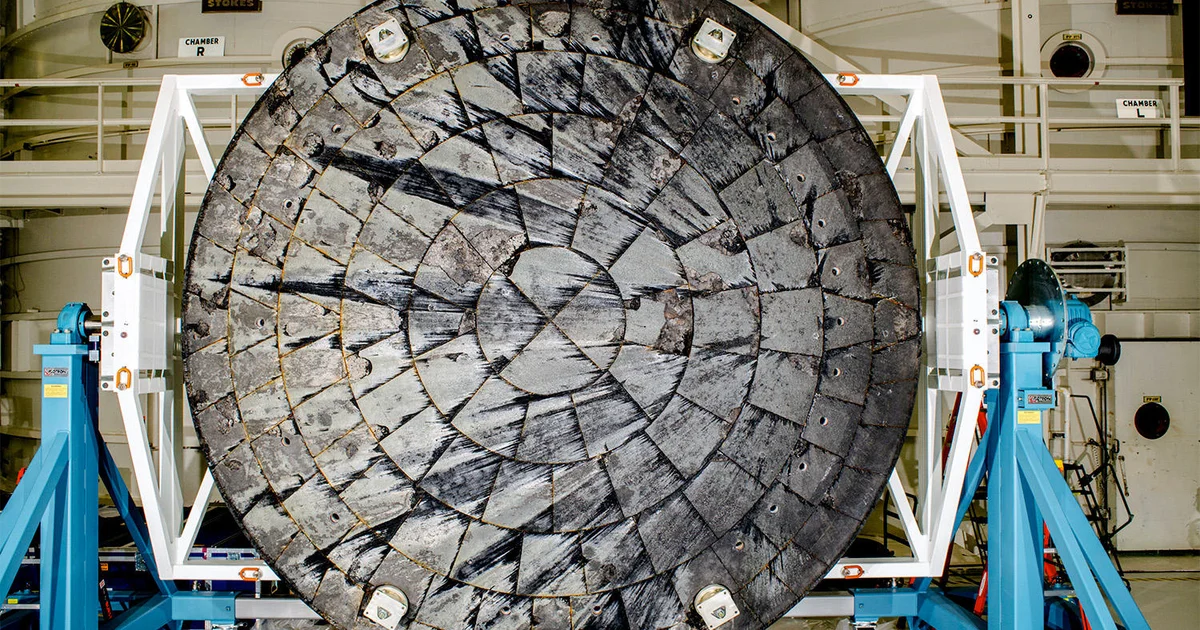A troubling new report has revealed that the black market for fraudulent scientific research is expanding at a pace outstripping legitimate academic output, raising alarm among experts about the integrity of global science.
This underground industry, often referred to as “paper mills,” produces fake studies, falsified data, and fabricated peer reviews for paying clients. Many of these fraudulent papers find their way into respected scientific journals, polluting the body of credible research and misleading policymakers, healthcare providers, and the public.
The demand is driven by intense academic pressure, particularly in countries where promotions, funding, and professional credibility hinge on published research. Unscrupulous actors exploit this pressure, selling everything from ghostwritten studies to falsified lab results. In some cases, the fake science has been used to push dangerous medical claims or justify flawed environmental policies.
Investigators warn that the sophistication of these operations is growing. They employ advanced AI tools to produce convincing manuscripts, making it increasingly difficult for editors and reviewers to detect fraud. The sheer volume of fabricated work threatens to erode trust in science, a trust already under strain from misinformation and politicized narratives.
Calls are mounting for stronger safeguards, including AI-assisted fraud detection, stricter verification of authorship, and greater transparency in research funding. Without urgent action, experts fear that the credibility gap could grow so wide that even genuine breakthroughs will struggle to gain public acceptance.
This alarming trend serves as a stark reminder that the battle for scientific truth is no longer just about discovery — it’s also about defense.













Leave a Reply